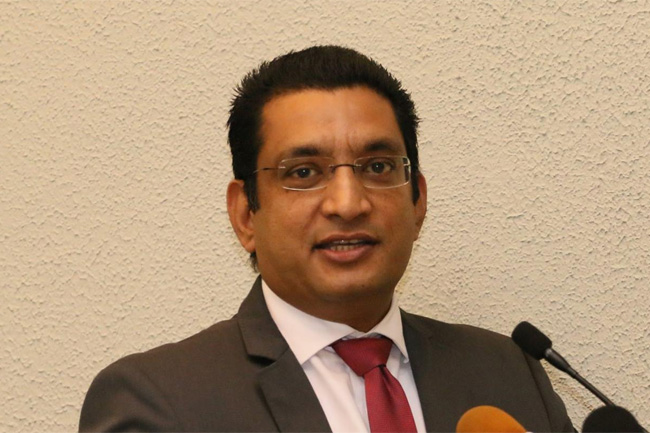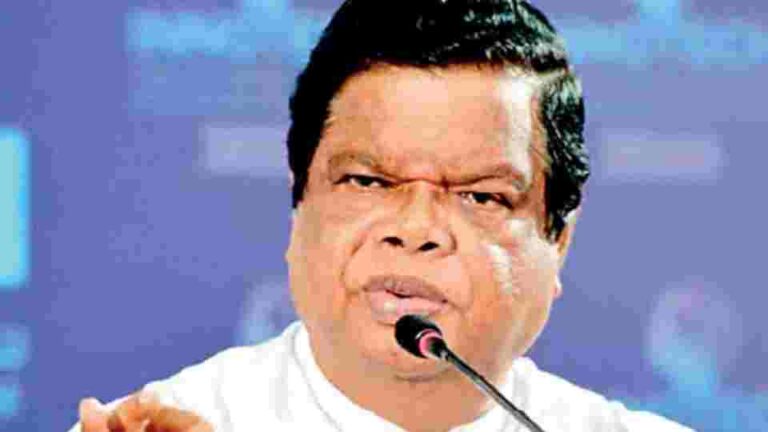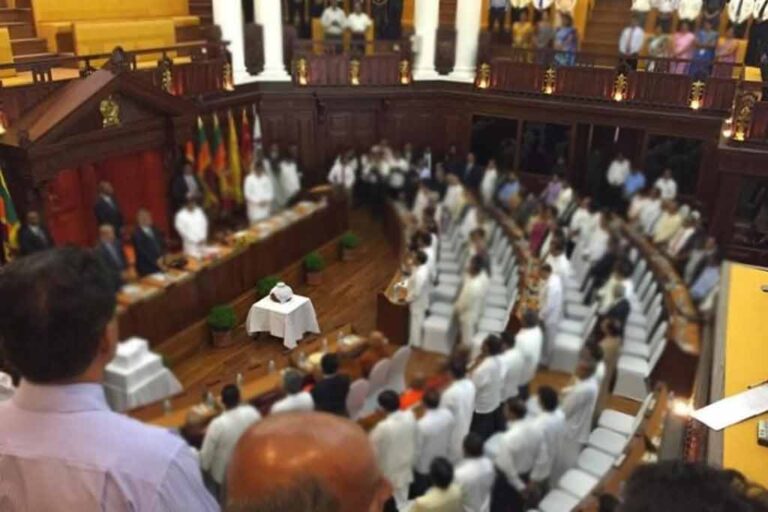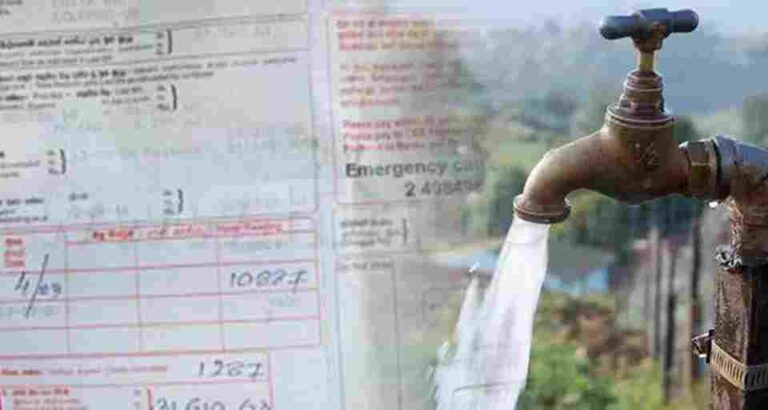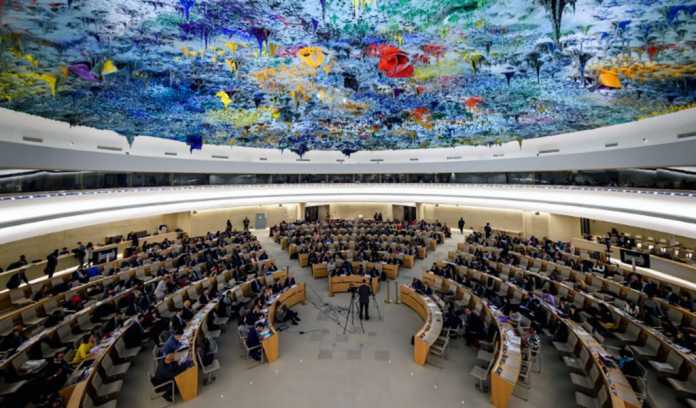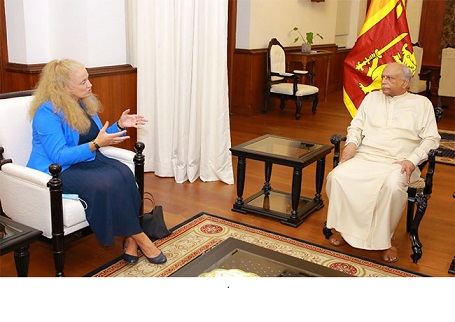A group from the wealthy Rajapaksa family has pressured the Police to release ‘Minuwangoda Neil’, an underworld kingpin who was searched and arrested by the Police Special Task Force (STF) at a roadblock in Minuwangoda area two days ago (16) with a 09 millimetre pistol in his possession, unravelling the latest example of the country’s rule of law being shattered away, sources disclosed.
The said underworld leader held a licence for his pistol, but seven live ammo, more than the authorised quantity, were found in his possession, due to which an arrest was made on Neil, and the STF recovered a licenced 12-bore gun, with 10 more bullets than the authorised quantity during a search into his house.
As Neil was being handed over to the Katunayake Police Station, former Minister Namal Rajapaksa, his brother Rohitha Rajapaksa and State Minister Indika Anuruddha, the SLPP MP representing the area, telephoned and pressured the Police to immediately release him, in what they claimed as the suspect being one of their ‘best supporters’ and ‘a disciple’ of former Prime Minister Mahinda Rajapaksa, multiple sources cited.
As the STF officers were about to hand over the underworld kingpin to the Katunayake Police Station, the officers working at the station at the time being pressured by the phone call from the high end denied taking him into custody, and as a result of not being able to avoid the facts repeatedly presented by the STF officers, the Katunayake Police Station was compelled to take ‘Minuwangoda Neil’ in, but produced him before the Magistrate in a manner in which none of the items found in his possession were ever recovered in the first place, so that he can be granted bail easily, our correspondent said.
There have been multiple reports in the recent months divulging the collapse of the country’s rule of law, and due to the current economic crisis, crimes are also at a rise throughout the land. Needless to mention that politicians and their family members, who have been disgraced by the people of Sri Lanka, are still playing their game of bending the law by threatening the Police, paving the way for further aggravation of the prevailing crisis.
Should these events remain unbeknownst further clotting the country’s rule of law backed by dirty political games favouring the underworld, it is high time that the Inspector General of Police (IGP) and the Minister of Public Security pay their gravest attention on these events and an impartial investigation be carried out. LNW is all eyes on this!

